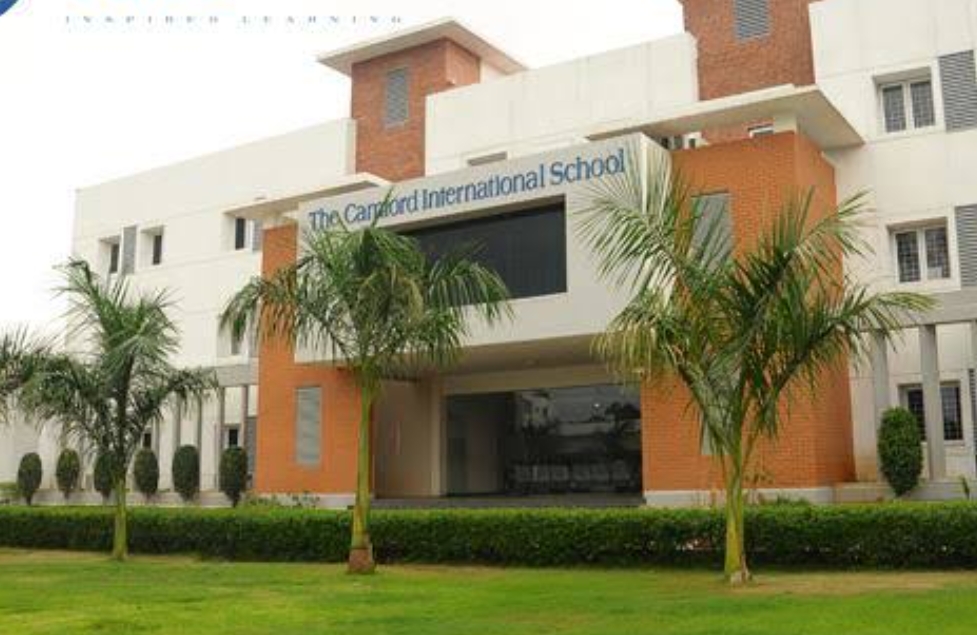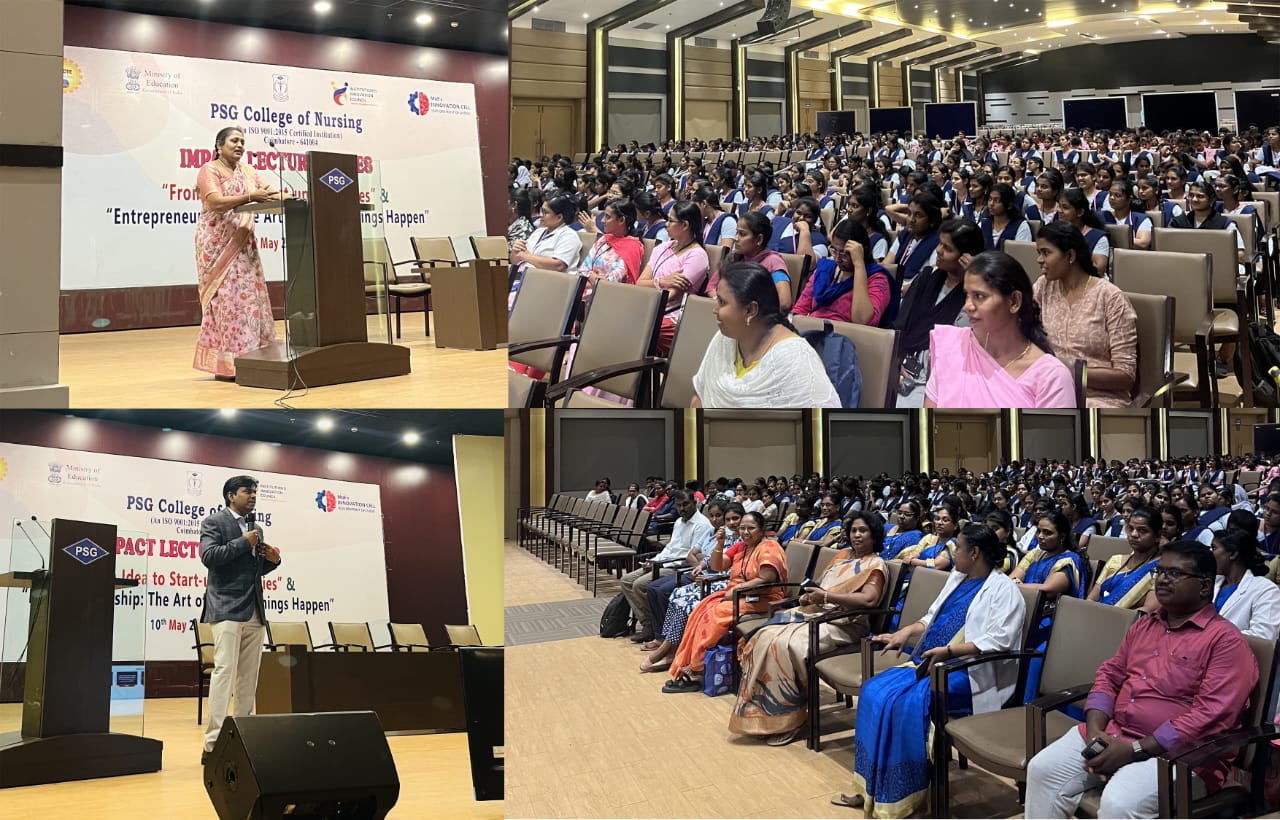Trending Now
- Action should be taken against the cops who protect the Ganja accused in TN : PMK leader Anbumani Ramdoss
- Votes that go to Congress or INDI alliance is a waste : PM Modi
- Court grants one-day custody to police to investigate Youtuber Savukku Shankar.
- We actually got our independence only in 2014. The independence to change this country as it should be : Actor , politician, Kangana Ranaut
Coimbatore
Banking on new ways to prevent identity theft
![]() July 8, 2016
July 8, 2016
The next time you drop your bank statements and expired credit card and licences straight into the bin, stop and think.
You may have passed on your identity to fraudsters who know just where to look for freely available personal information.
C M Jayaraman, a banker for 37 years, urges caution at photocopy centres where copies of important documents can be stolen or misused.
“Don’t leave behind rejected copies,” he says.
“Always write out the purpose on the photocopy. For instance, if the photocopy of a document is for opening an account or to get a licence, write it out.”
Just about any transaction is done online these days giving rise to rampant identity thefts that can compromise personal safety and reputation besides financial loss.
ATM cards and bank statements have to be destroyed in the right manner when they leave the cabinets of your home, “Cutting up the magnetic strap of the expired ATM cards is important as against the common practice of folding it neatly and throwing it,” he said.
When we complete a transaction at an ATM, always wait to tap ‘No’ to the question, if you want to do another transaction, the banker said.
He also warns against leaving transaction receipts lying around inside the ATM cubicles. “Just make sure you tear them before putting them in the bin,” said the banker who recently retired from the State Bank of India.
Fraudsters can steal a bank account number and get a Pan card and use it for unscrupulous purposes.
In order to make, especially high value transactions, Jayaraman suggests that cards carry photographs of the cardholder.
“We can even go a step further and instal a biometric feature in the card, so its identity is well established.”
This may be a cumbersome process and may take a long time to implement, so to start with, photos can be used to verify identity, he said.
He also proposes that reporting loss of cards can be done through a separate device that can be installed at ATM cubicles. “The moment someone realizes he has lost the card, he should be in a position to report the loss at the nearest ATM centre that will alert the related bank. This should be done irrespective of whichever bank the card belongs to.”
Jayaraman also warns against revealing the three-digit security pin number on the credit cards.
It will be helpful to keep a copy of the card with someone you trust, like your family members, so that loss of card can be immediately reported to a helpline, to have the card blocked.
“Usually, people who panic after losing cards, and chances are that they may recollect the number or any details,” Jayaraman said.
Also the role of one-time passwords that are sent to the mobile phone of the cardholder can effectively check these crimes.
“The common mistakes people make is keep the copy of the card in the same purse along with the original, so losing all with the purse, and write out the pin and keep it in the credit card pouch.”
Jayaraman says very soon an independent monitoring mechanism to supervise regulating credit transactions must be formed, just like the telecom and insurance regulatory bodies.























